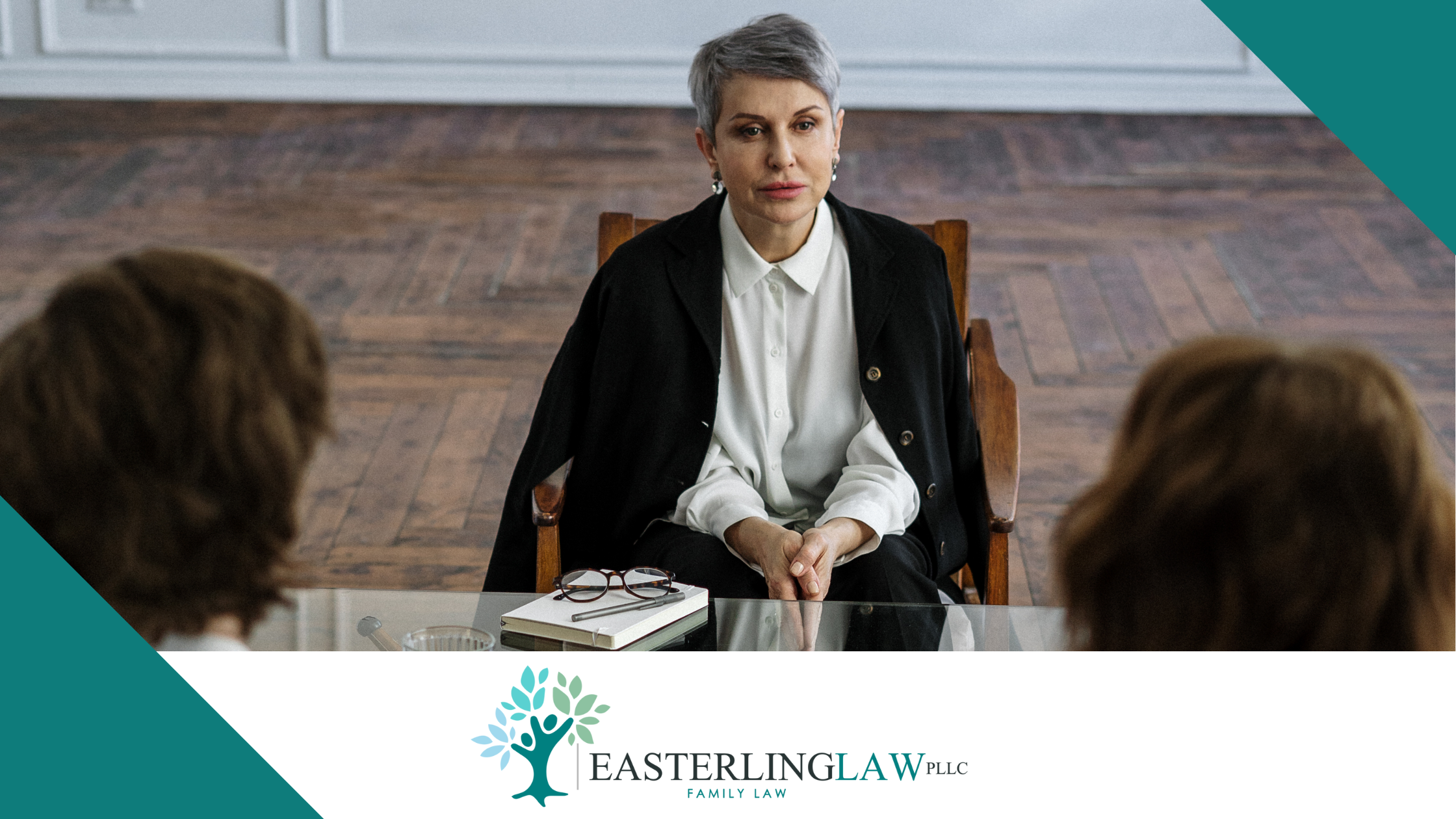A peaceful divorce means ending a marriage respectfully, focusing on future stability rather than resentment. Choosing peace doesn’t mean ignoring your needs or letting go of boundaries. Instead, it means approaching the process thoughtfully to avoid unnecessary strain and set a foundation for your future. Here are five tips to support a more peaceful approach.
The Five Tips
(1) Set Boundaries for Sharing Sensitive Information
Divorce brings up a range of private issues. Be selective about whom you share this information with, especially the more challenging aspects. Speaking to a few trusted people can help you process without feeling judged or overwhelmed. Remember, too much sharing with friends or extended family can unintentionally fuel conflicts. It can be more constructive to seek out a counselor or therapist who can offer neutral, professional support, helping you keep emotions from impacting your divorce decisions.
(2) Process Emotions with a Therapist, Not in the Courtroom
Strong emotions are expected during a divorce, but handling them well can make a significant difference in keeping things peaceful. Processing feelings of anger and sadness with a therapist is an important piece. It helps you make sound decisions without letting emotions cloud your thinking. If emotions spill over into the legal aspects of your separation, it can lead to unnecessary conflict and additional legal costs. Talking with a therapist or coach is more affordable than involving lawyers to address non-legal matters, and it can help keep the legal proceedings focused and solution-oriented.
(3) Envision the Future You Want and Work Toward It
Visualizing a peaceful outcome can help you avoid getting caught up in short-term arguments. Consider what kind of future you want for yourself and your family, whether it’s a healthy co-parenting relationship or a calm transition into single life. Returning to this vision when negotiations become challenging can remind you why you take a peaceful approach. It also encourages you to let go of disputes that don’t serve your end goal, helping you stay grounded in a future-focused mindset.
(4) Choose the Divorce Process Wisely
How you choose to divorce will affect how peaceful the process can be. The court is generally the least peaceful and often escalates conflict, while mediation or collaborative divorce provides a more cooperative environment. Collaborative divorce involves both parties working with their own legal and financial advisors in a non-adversarial way. Sometimes, couples may even agree independently and work with a lawyer to finalize the paperwork. The right process can make a real difference in managing emotions and retaining control over outcomes.
(5) Stand Firm While Maintaining Respect
Peaceful divorce does not mean giving up what’s important to you. Taking a respectful approach and still advocating for your needs is possible. Many people feel that “keeping the peace” means avoiding all conflict, but this can lead to problems later if unresolved issues resurface. Communicate openly, but don’t confuse peacefulness with passivity. Standing up for yourself calmly and respectfully ensures your needs are acknowledged without escalating tensions. Setting this standard from the start can help both parties feel heard and respected.
The Groundwork for “Peace” Starts at the Beginning
Establishing a peaceful approach at the beginning can make a big difference in how the divorce process unfolds. True peace in divorce requires a balanced approach that prioritizes your needs and the goal of a stable outcome for everyone involved. Consider what peace means—sometimes, it requires extra effort, patience, and compromise. Peaceful divorce may not always feel easy, but the benefits for you, your ex-spouse, and especially any children involved will be worth it.
Setting boundaries, focusing on the future, and choosing a collaborative approach help ensure everyone is respected. When approached thoughtfully, a peaceful divorce is achievable, and it can be much more favorable than a high-conflict divorce that might leave lasting resentment.
Partner With Someone Who Will Pursue A Peaceful Divorce
If you’re interested in learning more about options for a peaceful divorce that supports a positive transition, I would be happy to speak with you. Let’s discuss ways to protect your family’s future while respectfully approaching the process. Schedule a consultation to discuss the best approach for your and your family’s needs.

